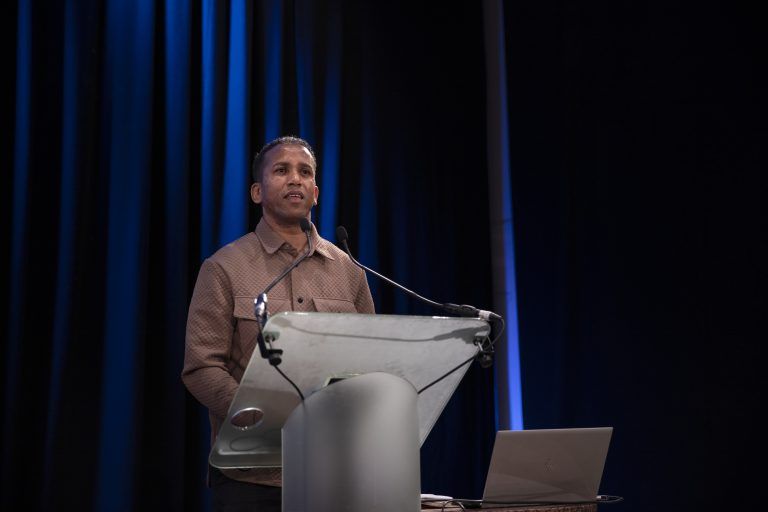This interdisciplinary project takes on the challenge of financial inclusion for Muslim Immigrant entrepreneurs in Scotland.
This project utilizes a novel interdisciplinary approach to generate new knowledge and solutions for key immigrant-integration issues: how to assist Muslim immigrant entrepreneurs as they open and grow new businesses; help the Scottish government achieve key SDGs; and advocate for improved welfare and equality, healthier living conditions and working life, and equitable access to the labour market for these Scottish residents and citizens.





